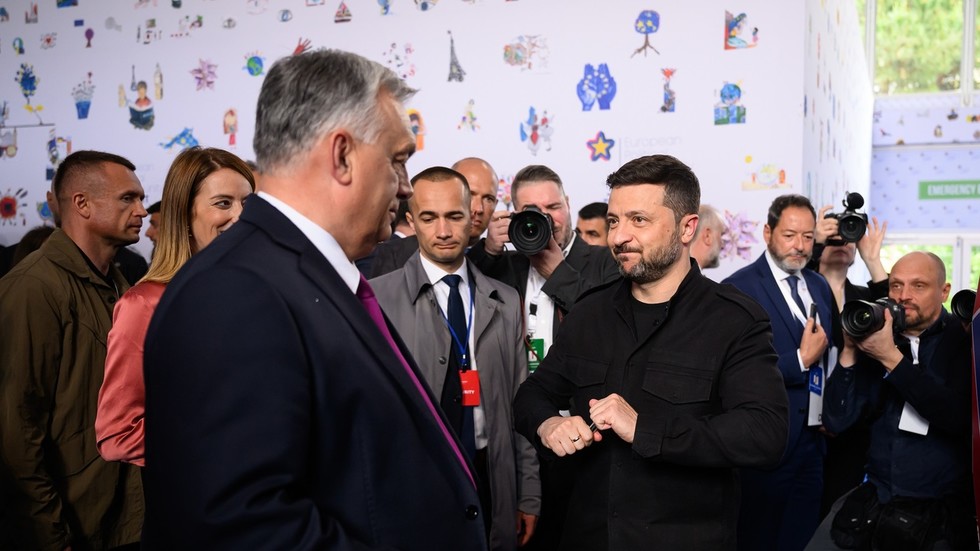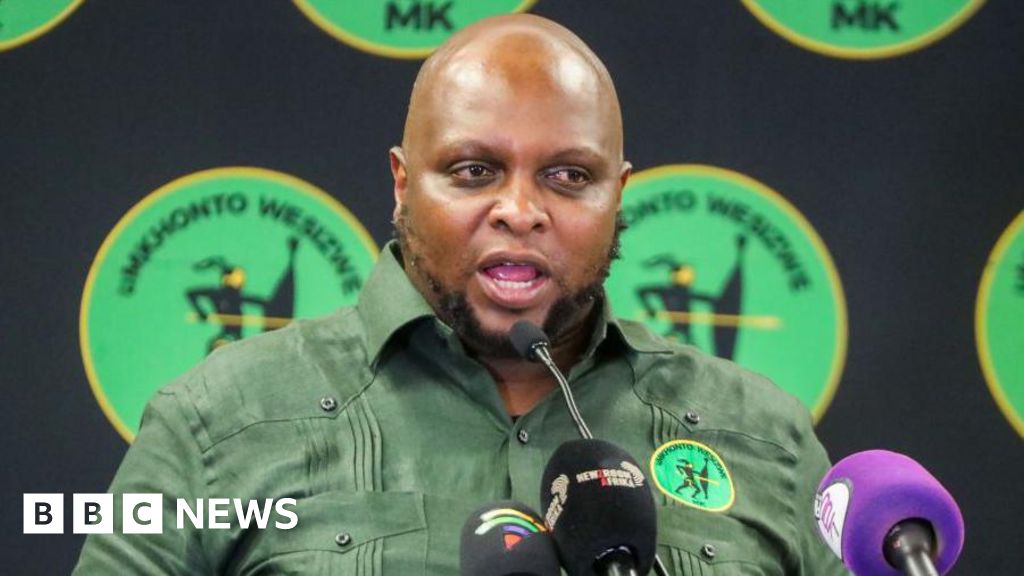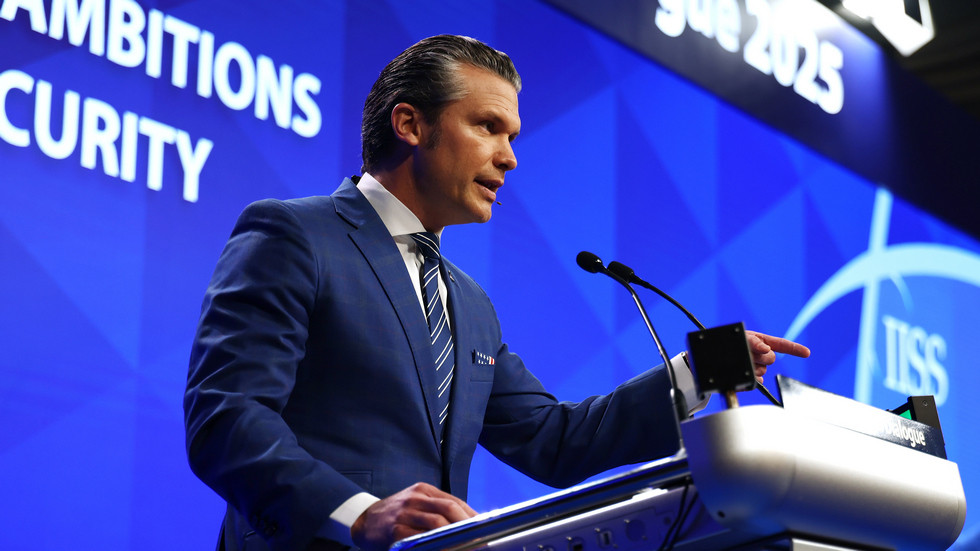New Delhi:
Before entering the papal elections to pick the next pope, several Catholic cardinals reportedly watched the film Conclave, starring Ralph Fiennes, to get a sense of the traditions and political undercurrents of the process.
The film, directed by Edward Berger and based on Robert Harris's novel, unexpectedly became a guide for many of the 133 cardinal-electors who entered the Sistine Chapel on Wednesday. Released four months before Pope Francis' death on April 21, the movie served as an unintended primer for those less familiar with the inner workings of the Vatican.
A majority of the cardinals participating in this conclave were appointed by Pope Francis himself and have never experienced the intricate ceremony of papal election. Many also come from smaller, historically overlooked dioceses, mirroring the background of characters portrayed in the film. One cleric, speaking to Politico, confirmed that several participants "watched it in the cinema" as part of their informal preparation.
In the film, Mr Fiennes plays Cardinal Thomas Lawrence, the dean of the College of Cardinals. He deals with intense rivalries, leaked dossiers, and the surprise appearance of a little-known cardinal from a remote region. Even though dramatised, many procedural elements were spot on, like the paper ballot voting system and the famous smoke signal from the chimney indicating the election result.
The movie also accurately showed how the Sistine Chapel is sealed before voting begins. Windows are shuttered, phones are taken away, and electronic jammers are used to block communication.
While this protects the secrecy of the process, information often leaks out afterwards just like it did in 2005, when it became known that Cardinal Jorge Mario Bergoglio (Pope Francis) was a top contender before he was eventually elected in 2013.
The film also captures the power struggles within the College of Cardinals. But experts, as per The Washington Post, said that most of the serious discussions and lobbying usually took place during the general congregations before the conclave started. These meetings, held off-camera and often influenced by Vatican gossip and media speculation, were where the real positioning happened.
Joanne M Pierce, a professor emerita at the College of the Holy Cross, said the film crossed church rules by showing cardinals casually chatting and campaigning - something forbidden.
The Vatican even has a saying, "He who enters the conclave a pope, exits a cardinal." Meaning anyone who wants the job too much or isn't humble is not chosen.
The film also has dramatic touches like nuns speaking during meals and the idea of a surprise cardinal secretly appointed by the pope, known as 'in pectore'. While this practice exists, it is extremely rare and unlikely to affect a conclave.
The storyline also touched upon themes of money and influence, hinting at bribery and political games. Though exaggerated, it wasn't entirely off base. Wealthy conservative groups have tried to sway outcomes by backing certain candidates. But since 80 per cent of the current cardinal-electors were appointed by Francis, such efforts had limited impact, The Washington Post said.
The film got several details right. From the cardinals' modest accommodations to the solemn atmosphere. Author Robert Harris had confirmed that both his book and the film were carefully researched.

 3 weeks ago
19
3 weeks ago
19










 English (US) ·
English (US) ·